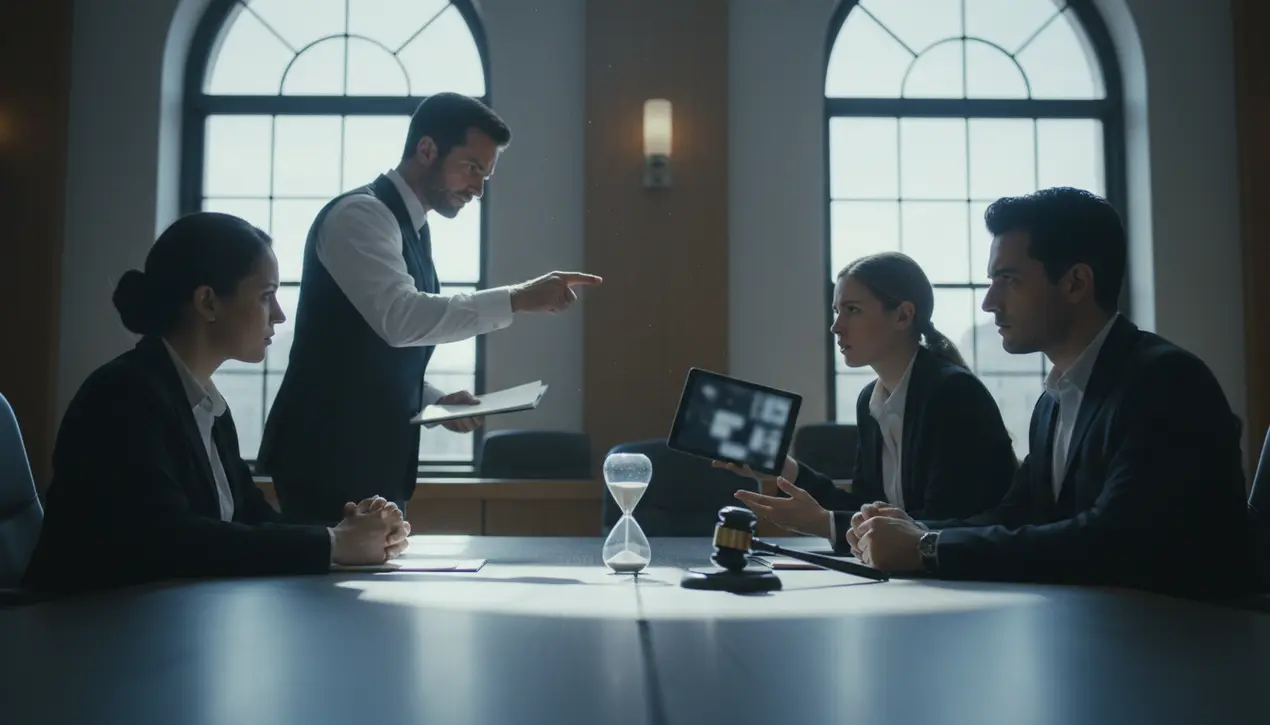
Hottest
CryptoregulationLegal Cases
OpenAI temporarily blocked from using 'Cameo' in Sora app
DA
Daniel Reed
12 hours ago7 min read1 comments
In a significant legal development that underscores the growing tension between established tech platforms and AI innovators, OpenAI has been temporarily barred from using the term 'Cameo' within its Sora application. This preliminary injunction, granted by U.S. District Judge Eumi K.Lee, represents a notable victory for the celebrity video platform Cameo in its trademark infringement lawsuit filed back in October. The order, effective until December 22, prohibits OpenAI from employing not just 'Cameo' but also similar derivatives like 'Kameo' and 'CameoVideo' to describe the feature in its TikTok-like, AI-video generation app.This feature allows users to upload their likeness for others to incorporate into AI-generated videos, a functionality Cameo argues creates a 'likelihood of confusion' and dilutes its hard-earned brand, built on facilitating personalized video messages from celebrities. Cameo's CEO, Steven Galanis, expressed gratification with the court's decision, emphasizing the need to protect consumers from confusion and expressing a hope for a permanent resolution.OpenAI, however, maintains a defiant stance, with a spokesperson contesting the very notion that exclusive ownership can be claimed over such a common word, signaling a readiness to fight the case in the forthcoming December 19 hearing that will determine the injunction's permanence. This legal skirmish is far more than a simple dispute over a name; it is a microcosm of the broader intellectual property challenges emerging at the frontier of artificial intelligence.As AI models like Sora become increasingly capable of replicating and integrating human elements—from likenesses to creative styles—they inevitably collide with existing commercial territories and the legal frameworks that protect them. The core of Cameo's argument hinges on trademark law's fundamental purpose: to prevent consumer confusion in the marketplace.If users begin to associate the AI-driven 'cameo' feature with the human-centric Cameo service, the value and distinctiveness of the original brand could be severely eroded. This case echoes historical tech disputes, such as Apple's battles over the term 'App Store' or the myriad lawsuits surrounding domain names in the early internet era, where generic or descriptive terms became fiercely contested commercial assets.From a technical perspective, the feature at the heart of the controversy is a fascinating application of generative AI, leveraging what are likely diffusion models or similar architectures to seamlessly integrate a user's uploaded likeness into novel video contexts. This capability, while impressive, raises profound questions about attribution, consent, and the monetization of digital identity—issues that the current legal system is only beginning to grapple with.The outcome of this case could set a crucial precedent for how AI companies name and market features that might overlap with existing digital services, potentially forcing a new level of due diligence in product development. A ruling in favor of Cameo could compel AI firms to be more inventive and cautious with their branding, avoiding common nouns that have been successfully trademarked in adjacent digital spaces.Conversely, a victory for OpenAI could embolden the industry, reinforcing the idea that functional, descriptive terminology for new technological capabilities cannot be monopolized. The dispute also highlights the different philosophical approaches of legacy web platforms and AI-native startups; one operates within a well-defined brand and business model, while the other often moves with a 'deploy and iterate' mentality that can overlook such established boundaries. As the December hearing approaches, the tech and legal communities will be watching closely, understanding that the verdict will not only resolve a branding conflict but also help draw the evolving lines in the sand between human-curated digital experiences and their AI-generated counterparts.
#OpenAI
#Sora
#trademark infringement
#Cameo
#temporary injunction
#hottest news
Stay Informed. Act Smarter.
Get weekly highlights, major headlines, and expert insights — then put your knowledge to work in our live prediction markets.
Related News
Comments
Loading comments...
© 2025 Outpoll Service LTD. All rights reserved.